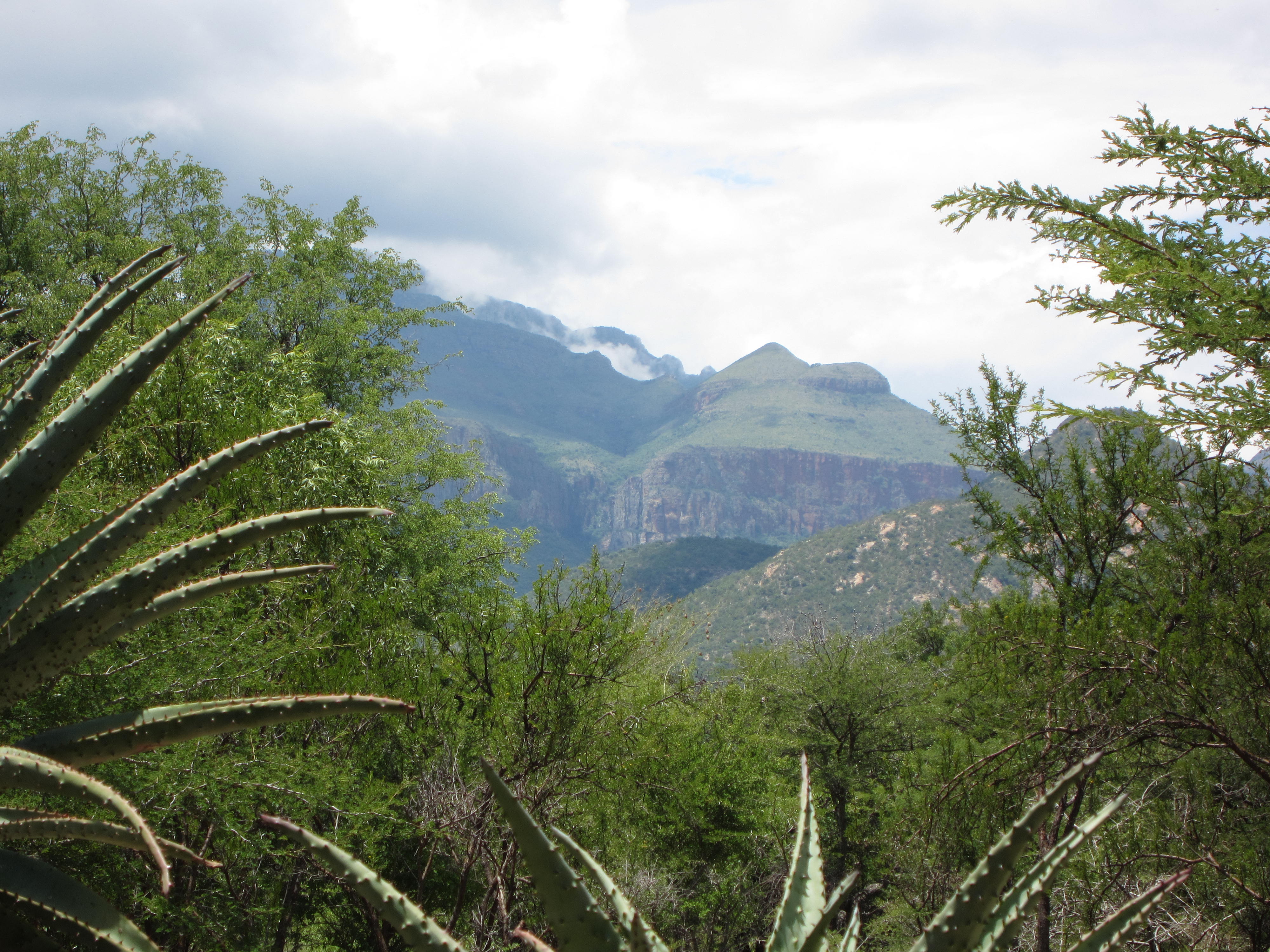South Africa has long recognized the importance of its biodiversity and cultural assets, and the potential of a sector based on the sustainable use of biological resources to create rural jobs and foster socioeconomic development.
The country pioneered legislation governing access to indigenous biodiversity and associated traditional knowledge with the National Environmental Management: Biodiversity Act in 2004 (NEMBA).
The 2008 Biodiversity Access and Benefit-Sharing Regulation (BABS) was developed to implement the NEMBA legislation. NEMBA and BABS are currently under revision, and a new indigenous knowledge (IK) Act has been promulgated but not yet enacted.
Chapter 6 of NEMBA covers bioprospecting and ABS and is being amended in a wide consultation process with input from specialist task teams.
In 2016, DFFE developed South Africa’s National Biodiversity Economy Strategy, which sets out ten transformative enabling interventions for the bioprospecting and biotrade sectors.
Studies cited in the strategy estimate that the biotrade sector includes 225 businesses that traded 24 indigenous plant species. The bulk of the sector’s value was generated through export of raw or semi-processed products, such as dried whole, chopped, powdered plant material or extracted gel, crystal or powder products; and value-added products sold in the domestic retail market.
These local products fell into five categories:
- Personal hygiene products (40% of products)
- Cosmetics (38%)
- Complimentary medicines (11%)
- Food flavourings (8%)
- Oils (3%)
The studies found the formal domestic retail market in South Africa in 2012/2013 had 549 products containing indigenous plant and bee products on the shelves. The majority of these products used Aloe ferox, Apis spp. (bee products), Aspalathus spp. (rooibos) or Pelargonium sidoides (black pelargonium) as active indigenous ingredients.
